TEAM Evaluation: Professionalism & End-of-Year Conferences
Professionalism scores are the final component of the TEAM evaluation process for the school year. Before the end-of-year conference with your evaluator, you should gather evidence to justify your self-scoring. Scores for your professionalism observation are based on your 7.5-hour contracted day, and educators should not be penalized for not participating in activities outside the contracted workday. If you choose to participate in activities beyond the 7.5-hour workday, you may use those as evidence of your self-score.
Ideally, you have been keeping track of your evidence throughout the school year. If not, keep in mind for next year that it is easier to start tracking evidence early in the year or before the start of the school year rather than trying to remember what professional learning you may have completed the previous July. But no worries – go back through your calendar and note the work you have completed this year and record it on the professionalism rubric organizer. Click here to download an organizer to help gather evidence to justify your self-score. Also, collect 2-3 artifacts as evidence for each indicator. Your evaluator may ask you to submit your evidence before your end-of-year conference, so take the time to prepare now. To download a copy of the TEAM Professionalism Rubric, click here.
For more information about the TEAM Evaluation process in MNPS, click here to visit the MNPS TEAM Evaluation SharePoint. You must sign in with your MNPS credentials to access the site.
Guidelines from the Tennessee Department of Education:
Timing: Evaluators should not score the Professionalism domain until all testing is finished, ensuring all educators can remain focused on student preparation for state assessments.
Scoring: The Professionalism domain should be scored by someone who regularly interacts with the educator. In most cases, this will be the principal or assistant principal. However, it may be appropriate for some educators for a supervisor to score this domain.
Evidence for Scoring: Below are suggestions of evidence that evaluators could consult when scoring Professionalism:
Indicator 1—Professional Growth and Learning: Educator self-reflection observation forms or other evidence of self-reflection, active participation in post conferences, incorporating feedback into lessons in a timely fashion, evidence of growth across observations throughout the year.
Indicator 2—Use of Data: Evidence of instructional decisions based on data from formative assessments, effective differentiation based on assessments, use of district, school, or grade level formative assessments to inform planning, evidence of adjustments in planning based on assessments.
Indicator 3—School and Community Involvement: Partnerships with community organizations and actors, productive member of PLCs and grade-level teams, visibility during class transitions.
Indicator 4—Leadership: Evidence of planning with grade and subject peers, membership on leadership teams, mentorship of inexperienced or struggling teachers, effective planning for in-service days, and faculty meetings.
Summative conferences should incorporate the main components of a coaching conversation to ensure that it is productive.
Required Components:
· Discuss professionalism scores.
· Share final qualitative (observation) data scores.
· Share final 15% quantitative data (if a measure is available).
· Explain when and how the overall score will be calculated.
Other Components:
· Commend places of progress.
· Focus on the places in need of continued refinement.
Saving Time:
· Ensure teachers view their data before the meeting.
· Incorporate this meeting with the existing end of year wrap-up meetings or beginning of year initial coaching conversations.
· Note that there is no required form for the summative conference. Any documentation required is at the district’s discretion.
Coaching Conversations:
· Begin the coaching conversation by communicating the purpose and goals to help reduce teacher anxiety.
· Emphasize the need for teacher growth and improvement through changing and refining strategies instead of stating the need to “bring up scores from this year.”
· Use formative and summative data from the previous year to discuss patterns in teaching practices related to student growth.
· Provide specific strategies based on your analysis of the teacher’s areas for growth, including timelines for regular check-ins.
